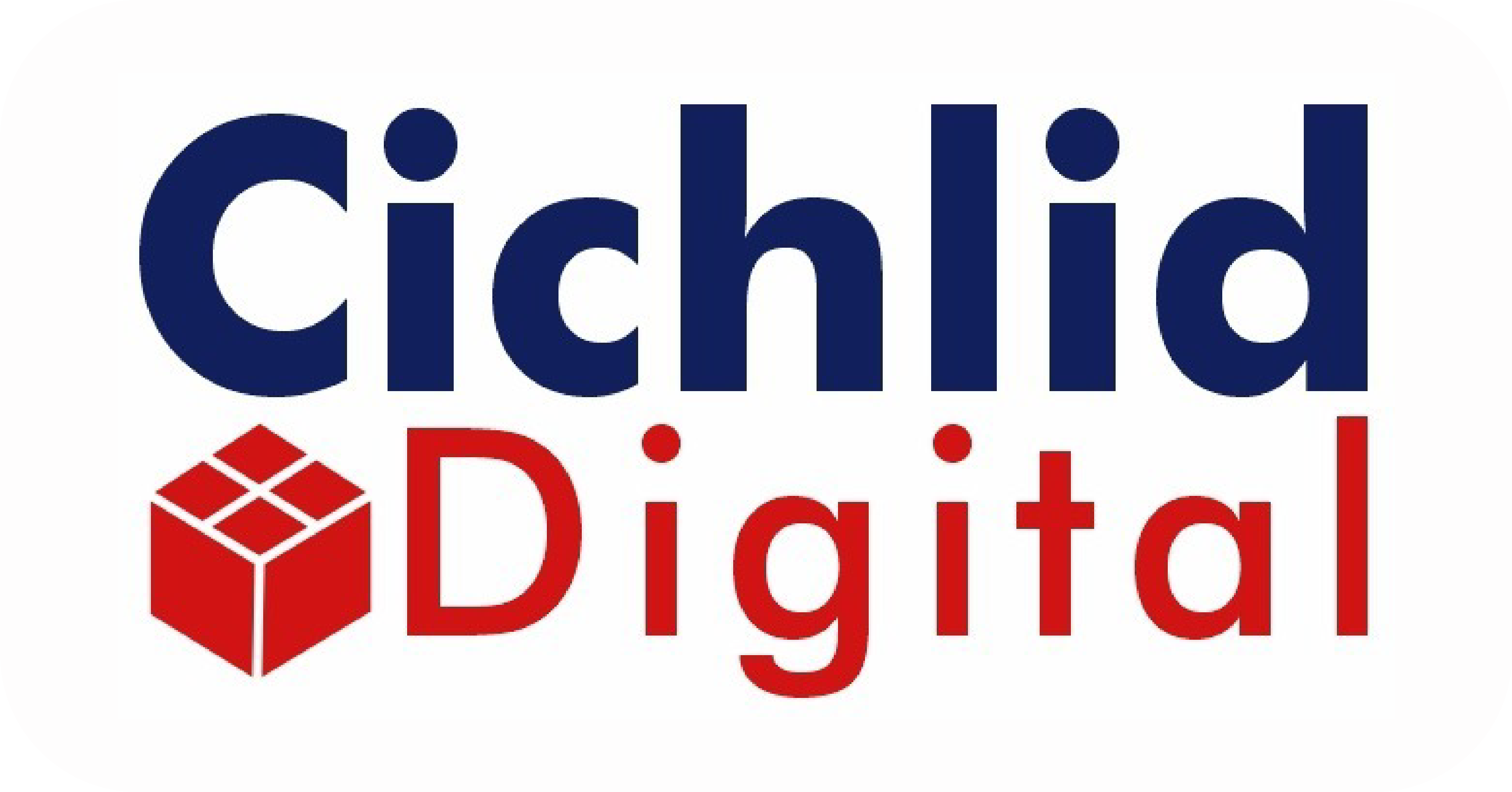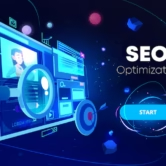- Your cart is empty Browse Shop
In today’s digital-first world, social media has transformed how businesses connect with their customers. Social Media Marketing (SMM) has become one of the most powerful tools for brands to build awareness, engage audiences, and drive sales. But if you’re new to this, you might be wondering — what exactly is social media marketing, and how can your business benefit from it?
This beginner’s guide breaks down the essentials of social media marketing, why it matters, key platforms, strategies, and tips to help your business get started.
What is Social Media Marketing?
Social Media Marketing refers to the use of social media platforms like Facebook, Instagram, LinkedIn, Twitter, and others to promote a brand, products, or services. It involves creating and sharing content, engaging with followers, running paid ads, and analyzing performance to achieve marketing goals.
Unlike traditional advertising, social media marketing offers real-time interaction with your target audience and the ability to build long-lasting relationships.
Why Social Media Marketing Matters for Businesses
- Wider Reach and Brand Awareness
Billions of people worldwide use social media daily. Platforms provide unparalleled access to diverse audiences, helping businesses reach new potential customers and increase brand visibility. - Improved Customer Engagement
Social media enables direct conversations with customers through comments, messages, polls, and live videos. This fosters trust and loyalty. - Cost-Effective Marketing
Compared to traditional media, social media campaigns can be tailored to any budget. You can start with organic posts and scale with paid ads. - Better Targeting and Personalization
Advanced targeting options allow you to reach specific demographics, interests, and behaviors, ensuring your message hits the right audience. - Valuable Insights and Analytics
Platforms offer detailed analytics that help you understand your audience’s preferences, behavior, and campaign effectiveness for continuous improvement.
Key Social Media Platforms for Business
Each social platform has unique features and user demographics. Understanding these will help you choose the right channels for your business.
1. Facebook
Ideal for a broad audience, Facebook supports text, images, videos, events, and ads. Great for B2C and B2B businesses.
2. Instagram
Visual-focused platform perfect for brands in fashion, food, travel, and lifestyle. Features include Stories, Reels, and Shopping.
3. LinkedIn
Best for B2B marketing, professional networking, and lead generation. Useful for sharing industry insights and company updates.
4. Twitter
Real-time news and updates platform good for quick engagement, customer service, and trending topics.
5. YouTube
Video platform suitable for tutorials, product demos, testimonials, and long-form content.
6. TikTok
Popular among younger audiences, ideal for creative, short-form videos and viral marketing.
Core Components of a Successful Social Media Marketing Strategy
1. Set Clear Goals
Start with defining what you want to achieve:
- Brand awareness
- Lead generation
- Customer engagement
- Website traffic
- Sales conversions
2. Understand Your Audience
Identify your target audience’s demographics, interests, and behaviors to tailor your content and ads.
3. Content Planning & Creation
Create a content calendar featuring:
- Educational posts
- Promotional offers
- User-generated content
- Behind-the-scenes glimpses
- Interactive polls and quizzes
4. Choose the Right Platforms
Focus your efforts on platforms where your audience spends the most time.
5. Engage and Build Community
Respond to comments, messages, and mentions promptly. Build meaningful relationships.
6. Run Paid Social Media Ads
Boost reach and target niche audiences with precision through paid campaigns.
7. Monitor and Analyze
Track KPIs like engagement rate, click-through rate (CTR), conversions, and ROI to optimize strategies.
Types of Social Media Marketing Content
- Text Posts: Simple updates, tips, quotes, or questions.
- Images and Infographics: Visually appealing content to catch attention.
- Videos: Tutorials, testimonials, product demos, and live streams.
- Stories: Temporary posts that increase engagement.
- Polls & Quizzes: Interactive content that encourages participation.
- User-Generated Content: Sharing content created by your customers.
- Contests and Giveaways: Great for boosting engagement and brand loyalty.
Social Media Marketing Best Practices
- Be Consistent: Post regularly to stay visible.
- Use Hashtags Wisely: Help users discover your content.
- Optimize Post Timing: Publish when your audience is most active.
- Maintain Brand Voice: Keep messaging consistent across platforms.
- Leverage Influencers: Partner with influencers for broader reach.
- Respond Quickly: Timely replies build trust.
- Experiment and Adapt: Test different content types and ads to see what works.
Common Challenges in Social Media Marketing
- Algorithm Changes: Platforms frequently update how content is shown.
- Keeping Up with Trends: Social media is fast-paced and ever-evolving.
- Content Fatigue: Constantly creating fresh content can be demanding.
- Negative Feedback: Managing criticism professionally is crucial.
- Measuring ROI: Tracking social media’s impact on business can be complex.
Tools to Simplify Your Social Media Marketing
- Hootsuite / Buffer: Schedule and manage posts across platforms.
- Canva: Create stunning visuals and graphics.
- Google Analytics: Track website traffic from social channels.
- Facebook Ads Manager: Run and monitor ad campaigns.
- BuzzSumo: Find trending content ideas.
- Sprout Social: Advanced analytics and social listening.
How to Get Started with Social Media Marketing
- Choose Your Platforms: Based on your audience and business type.
- Create a Business Profile: Use professional branding elements.
- Develop a Content Strategy: Mix informative and promotional posts.
- Engage with Your Audience: Reply to comments and messages.
- Run Ads: Start small, analyze results, and optimize.
- Measure Success: Use analytics to guide your efforts.
Conclusion
Social media marketing is no longer optional for businesses; it’s essential. With billions of users worldwide, it offers unprecedented opportunities to connect with your audience, build your brand, and drive sales.
Starting with clear goals, understanding your audience, and delivering consistent, engaging content will set your business up for success on social platforms.
🚀 Ready to take your social media marketing to the next level?
Partner with Cichlid Digital to craft powerful strategies that grow your brand and drive results.
📧 Email: info@cichliddigital.com
📞 Phone: +91-8076465054
🌐 Website: 📧 Email: info@cichliddigital.com
📞 Phone: +91-8076465054
Website: www.cichliddigital.com
👉 Contact us today for a free consultation!




